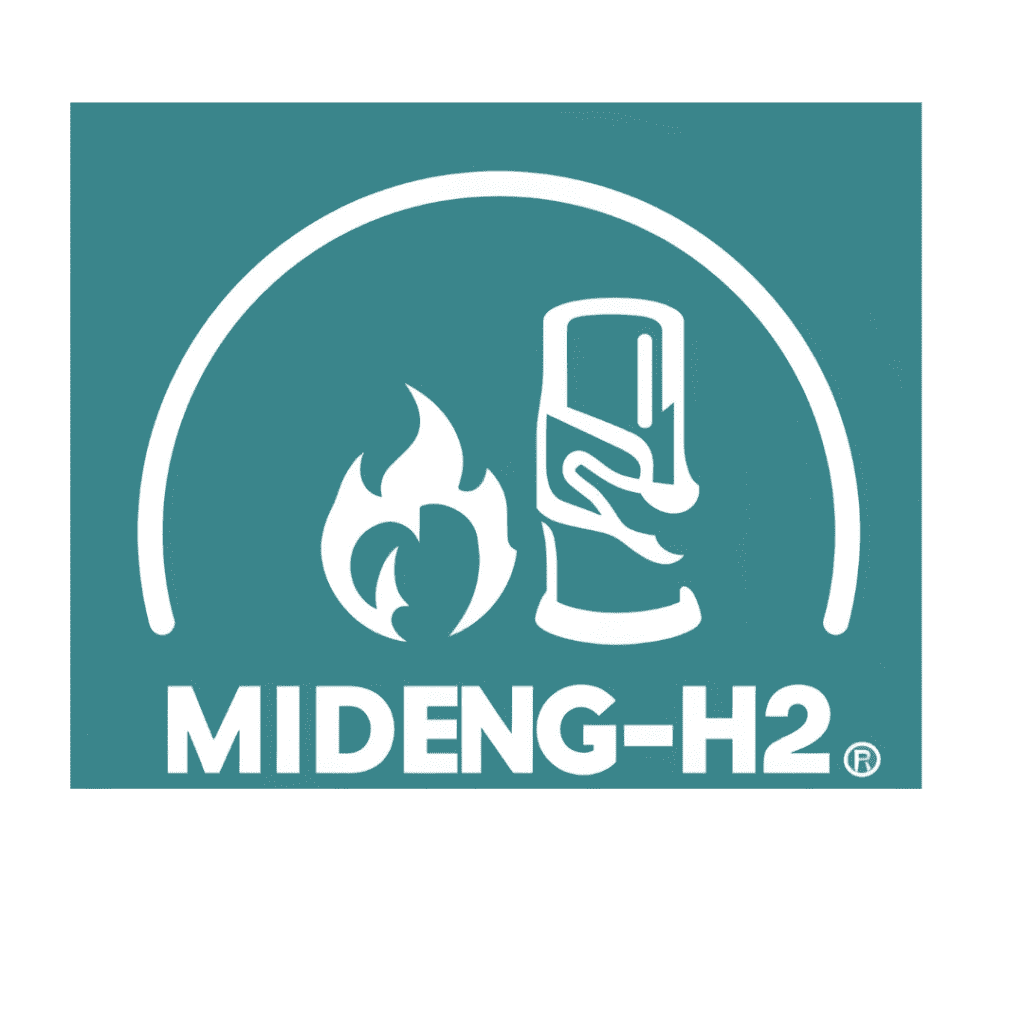The main objective of the project is to develop and validate an innovative system that combines carbon capture and storage (CCS) with NOx emission reduction techniques, such as exhaust gas recirculation (EGR) and water injection (WI), in reciprocating internal combustion engines (RICE) powered by natural gas (NG) and hydrogen (H2) blends. This proposal aims to address the challenges of heavy-duty transportation in the context of decarbonization, offering a solution that reduces CO2 emissions by up to 30% and pollutant emissions by 60%, without compromising engine performance or relying on catalysts. To achieve this, a pioneering laboratory facility will be developed to optimize and test these systems under real operating conditions, with the goal of meeting future European regulations and reducing dependence on fossil fuels in the heavy-duty transport sector.
Additionally, the project aims to generate a comprehensive model based on experimental data that allows the results to be extrapolated to other sectors, such as maritime transport and power generation. MIDENG-H2 will also explore alternatives to integrate hydrogen into transportation, increase the share of renewable energy through the use of enriched biogas or synthetic natural gas, and develop engines adapted to these blends. With this strategy, the project will not only contribute to emission reductions and compliance with the EU’s climate goals but also promote sustainability and the transition toward cleaner and more efficient transportation. The engine modeling is performed using software developed by AVL, a prominent partner in this research field.















